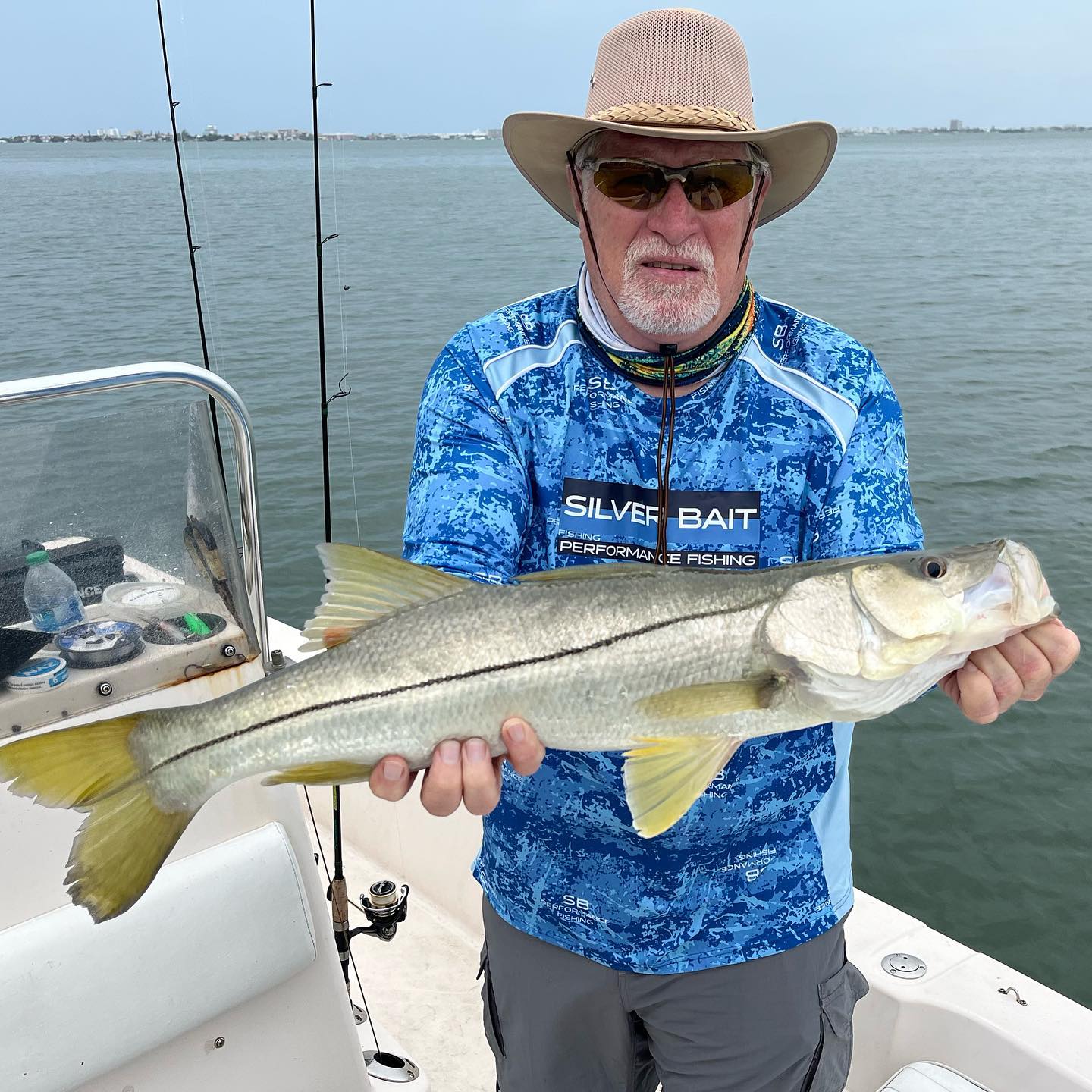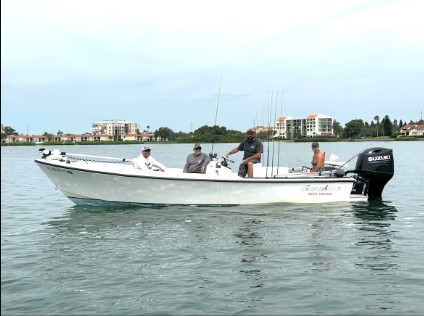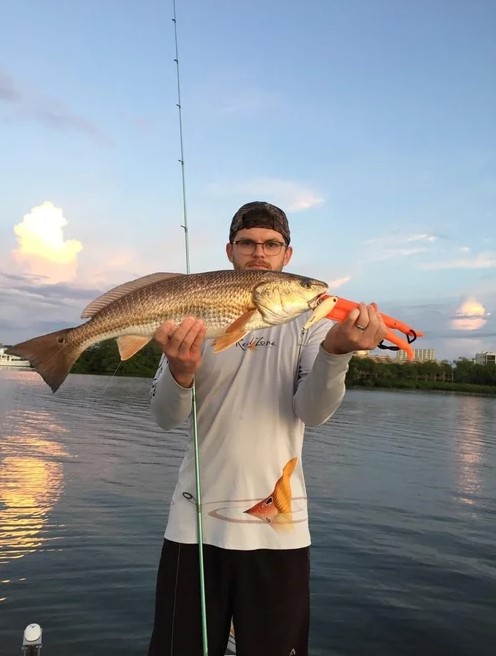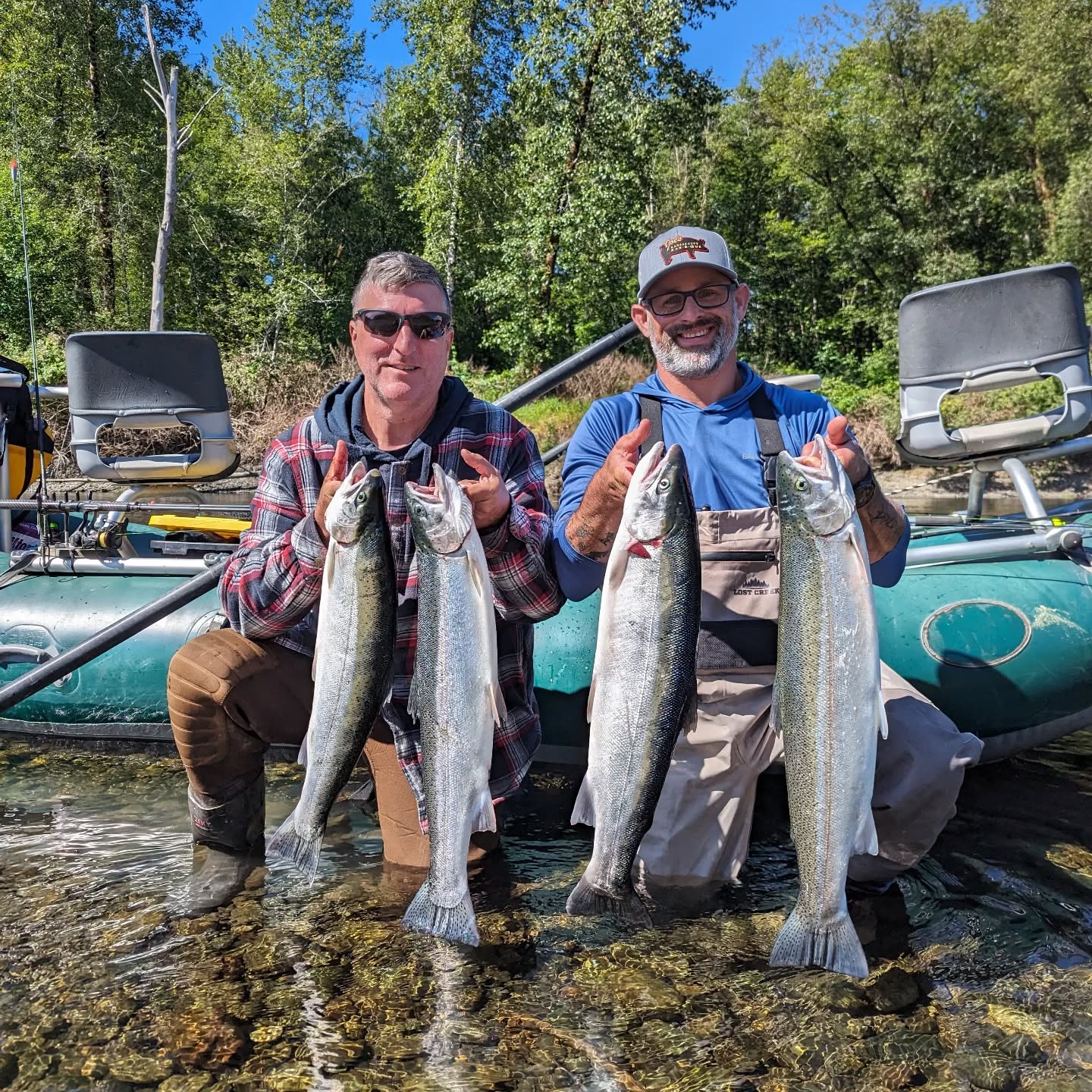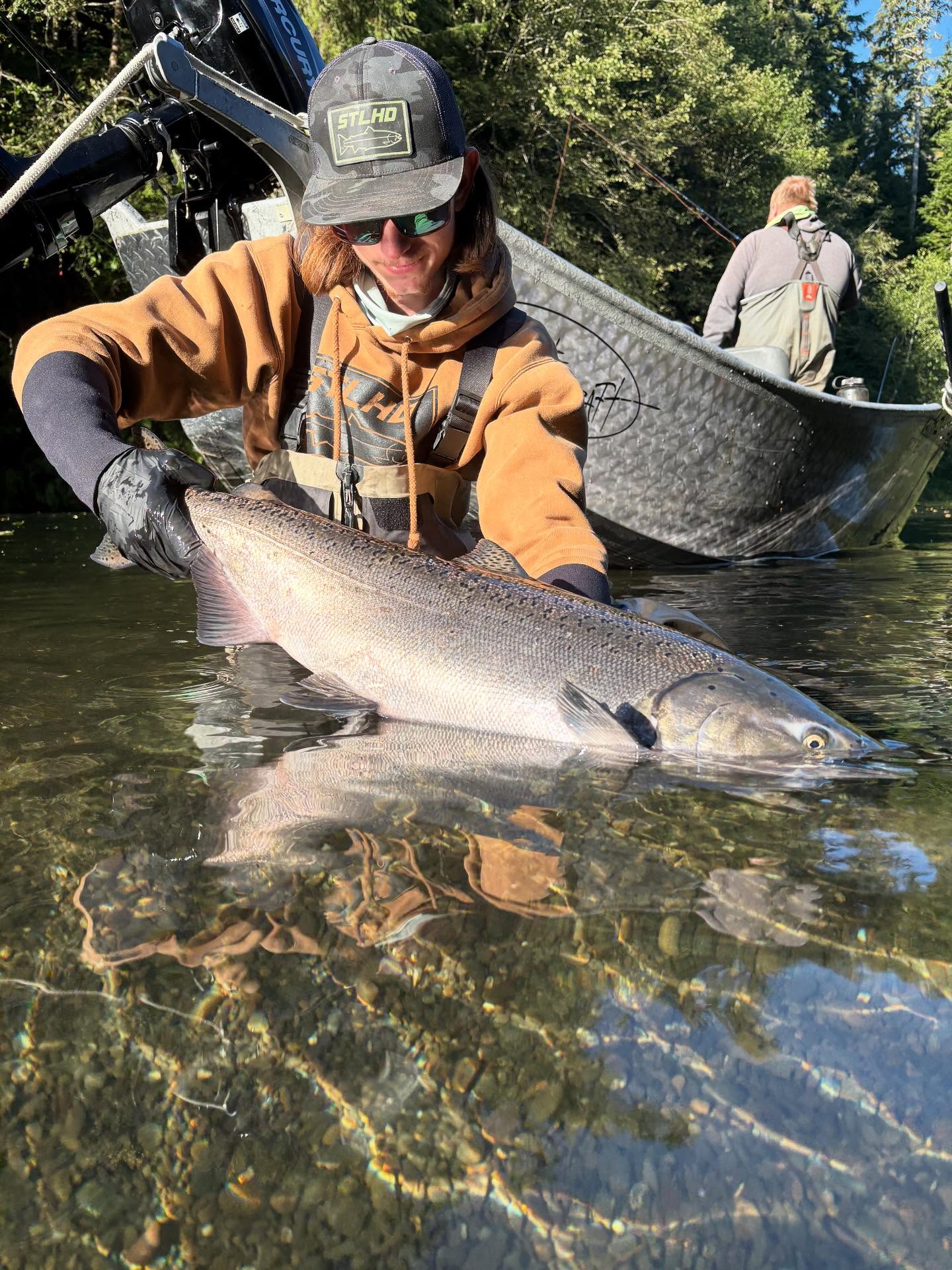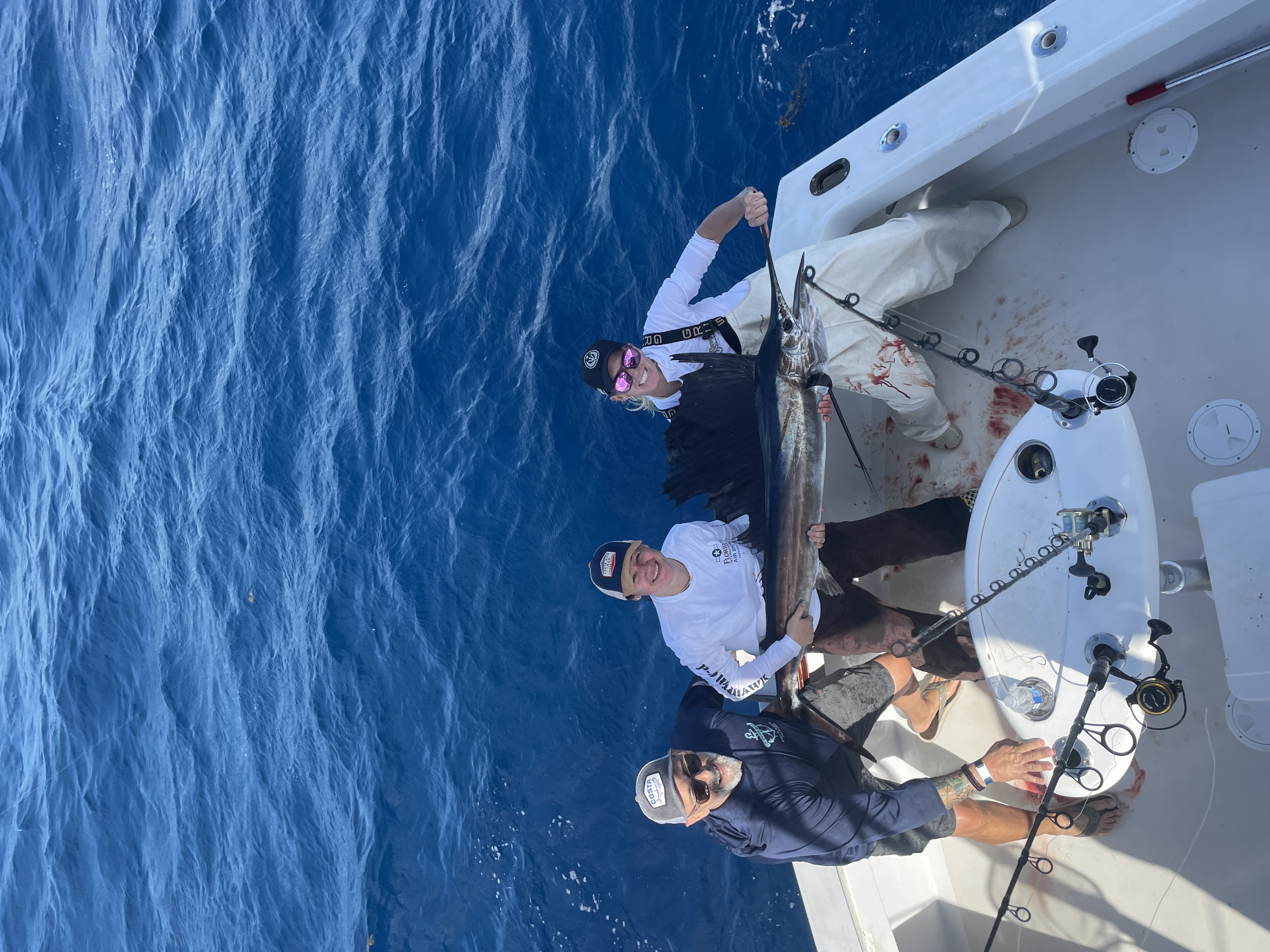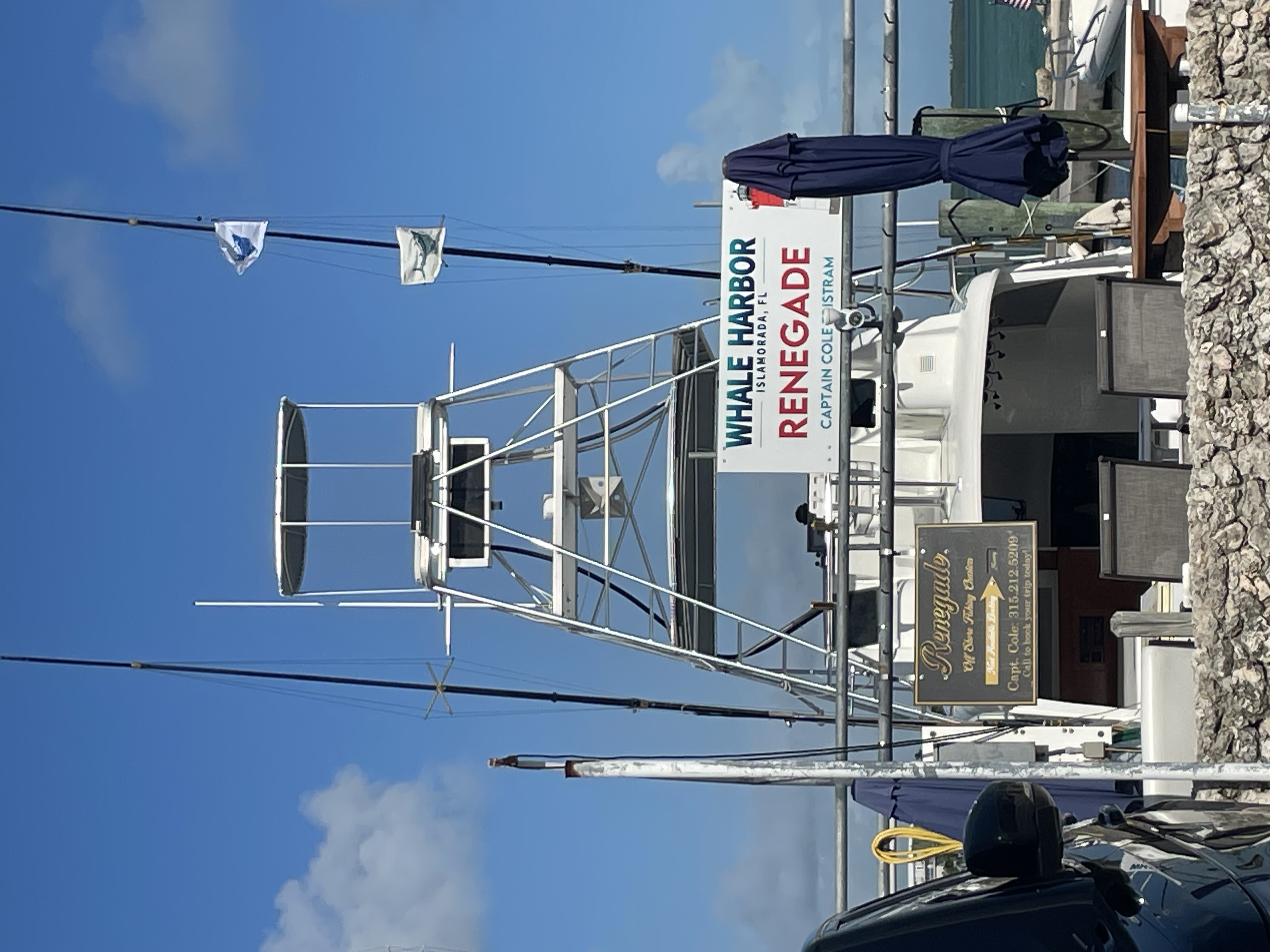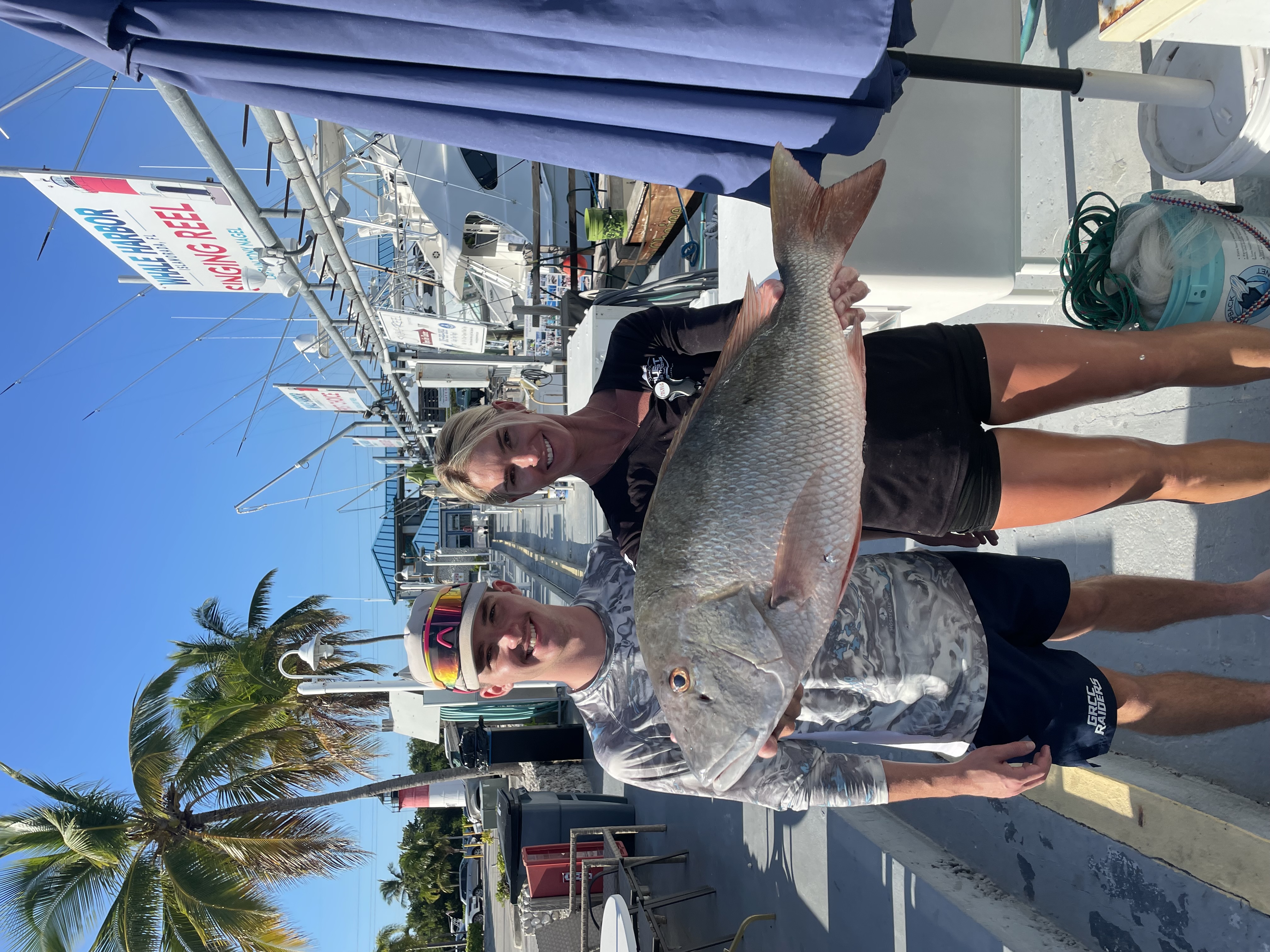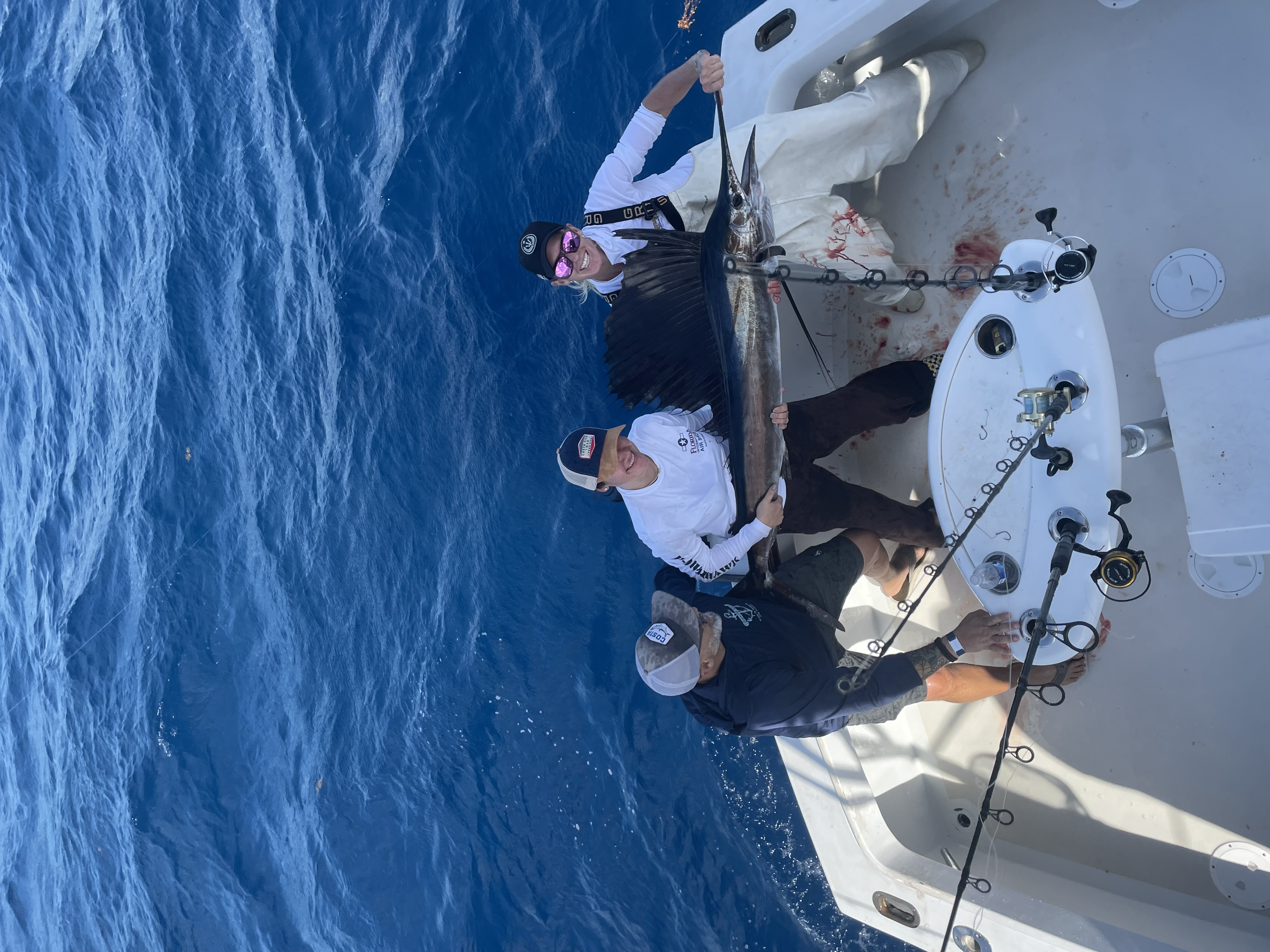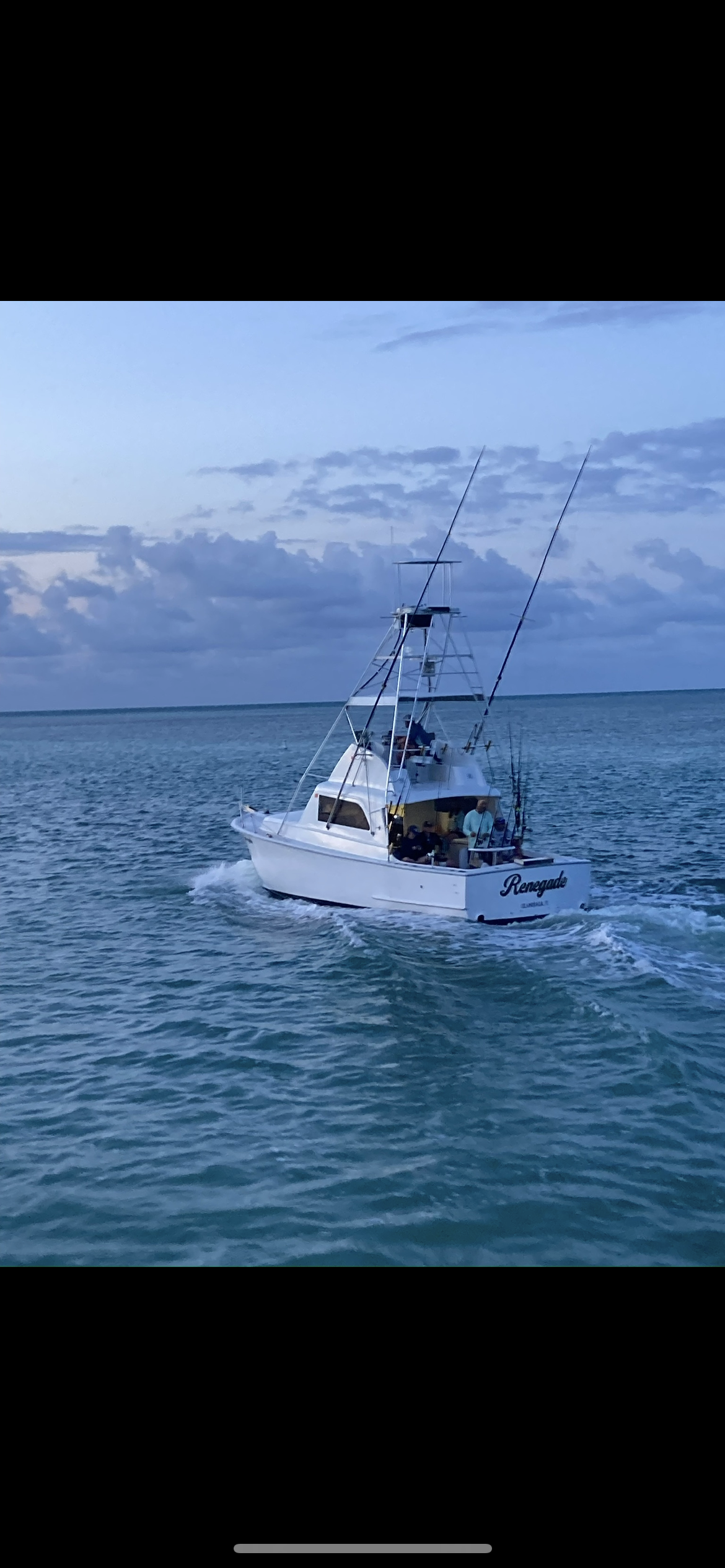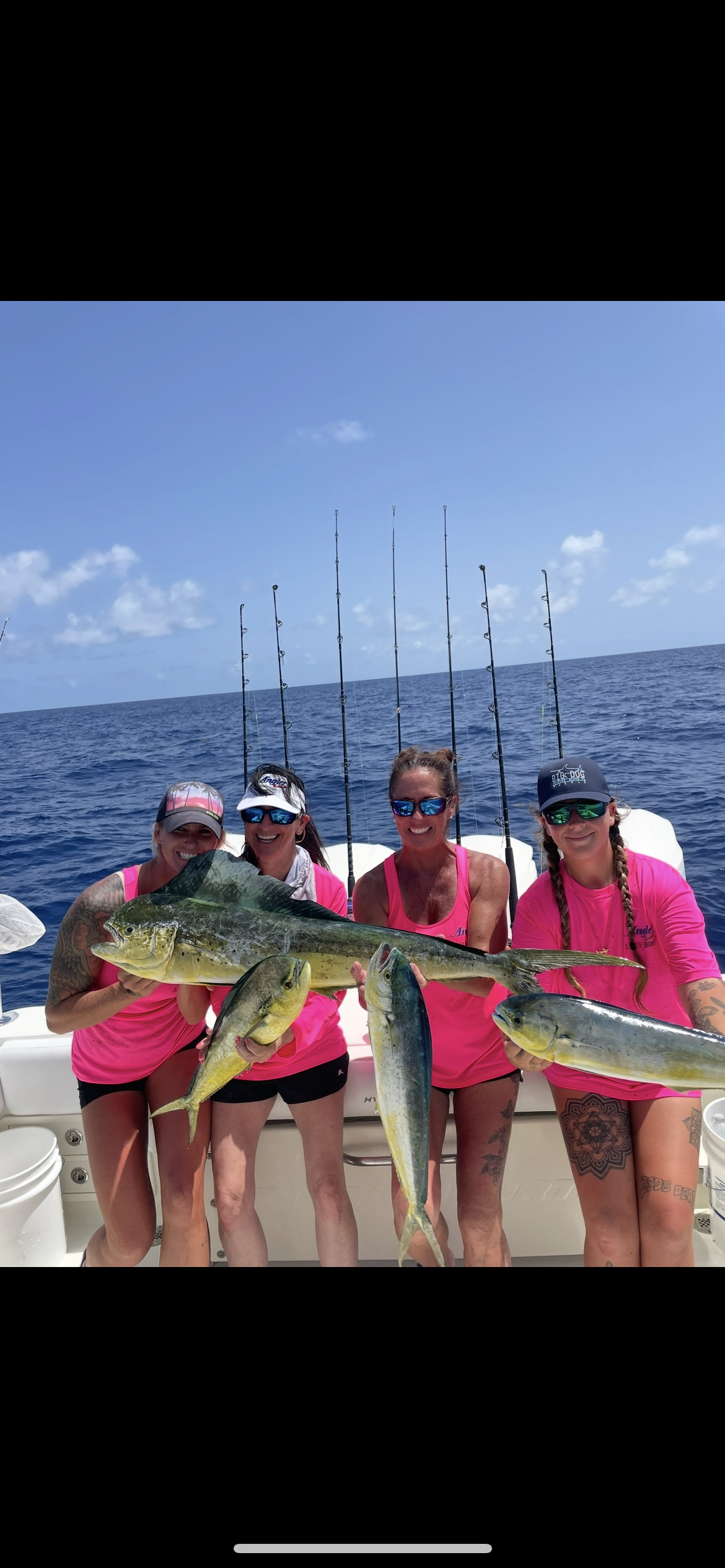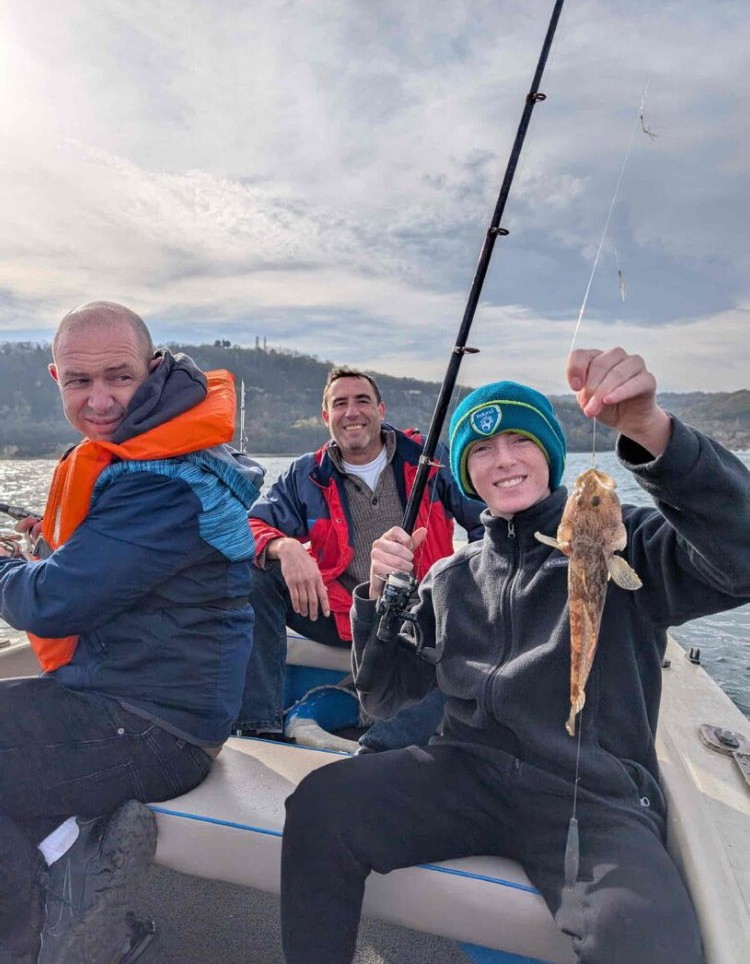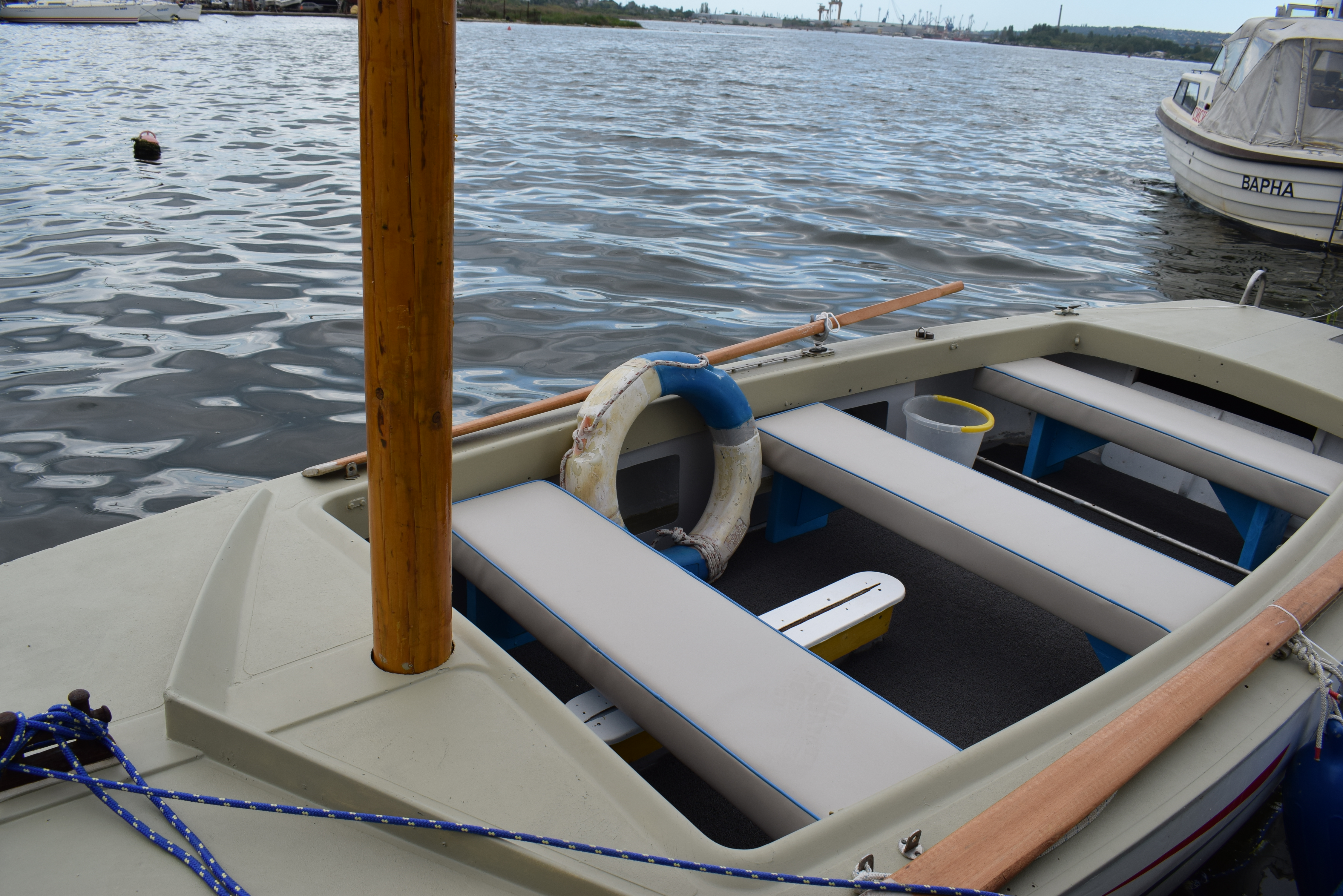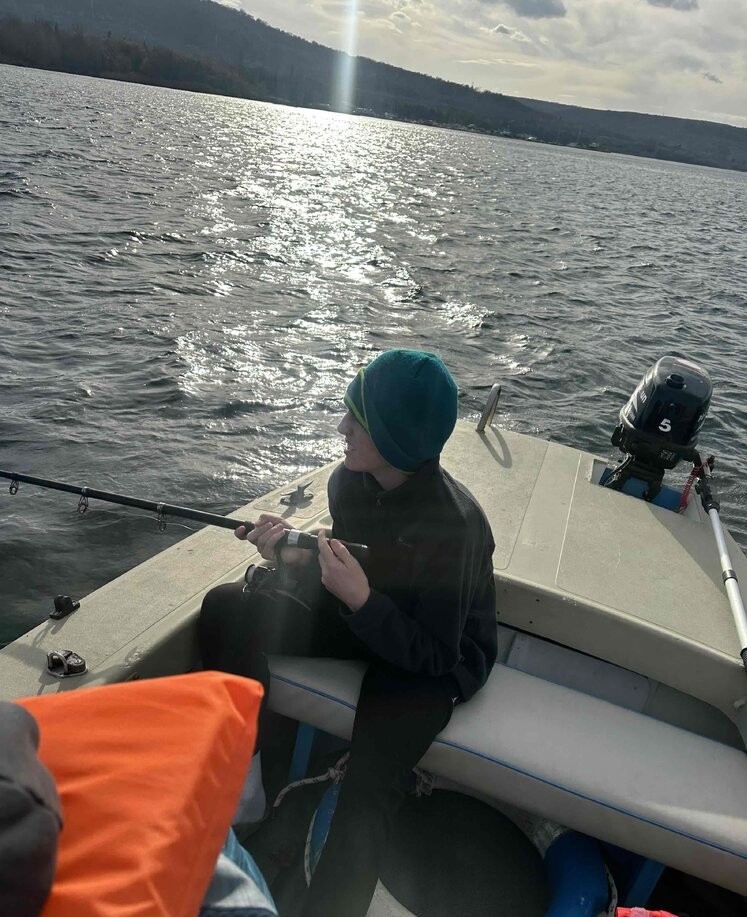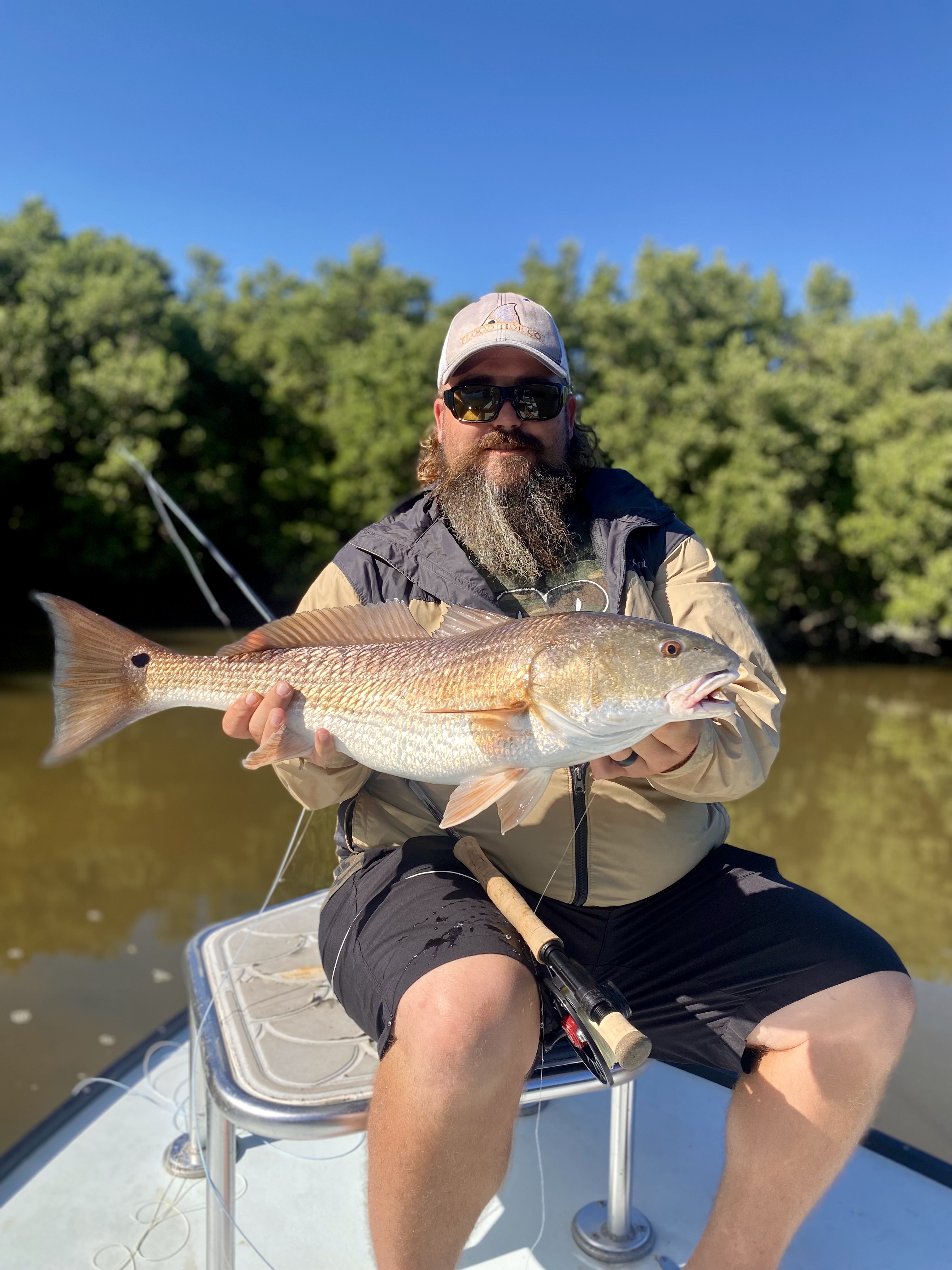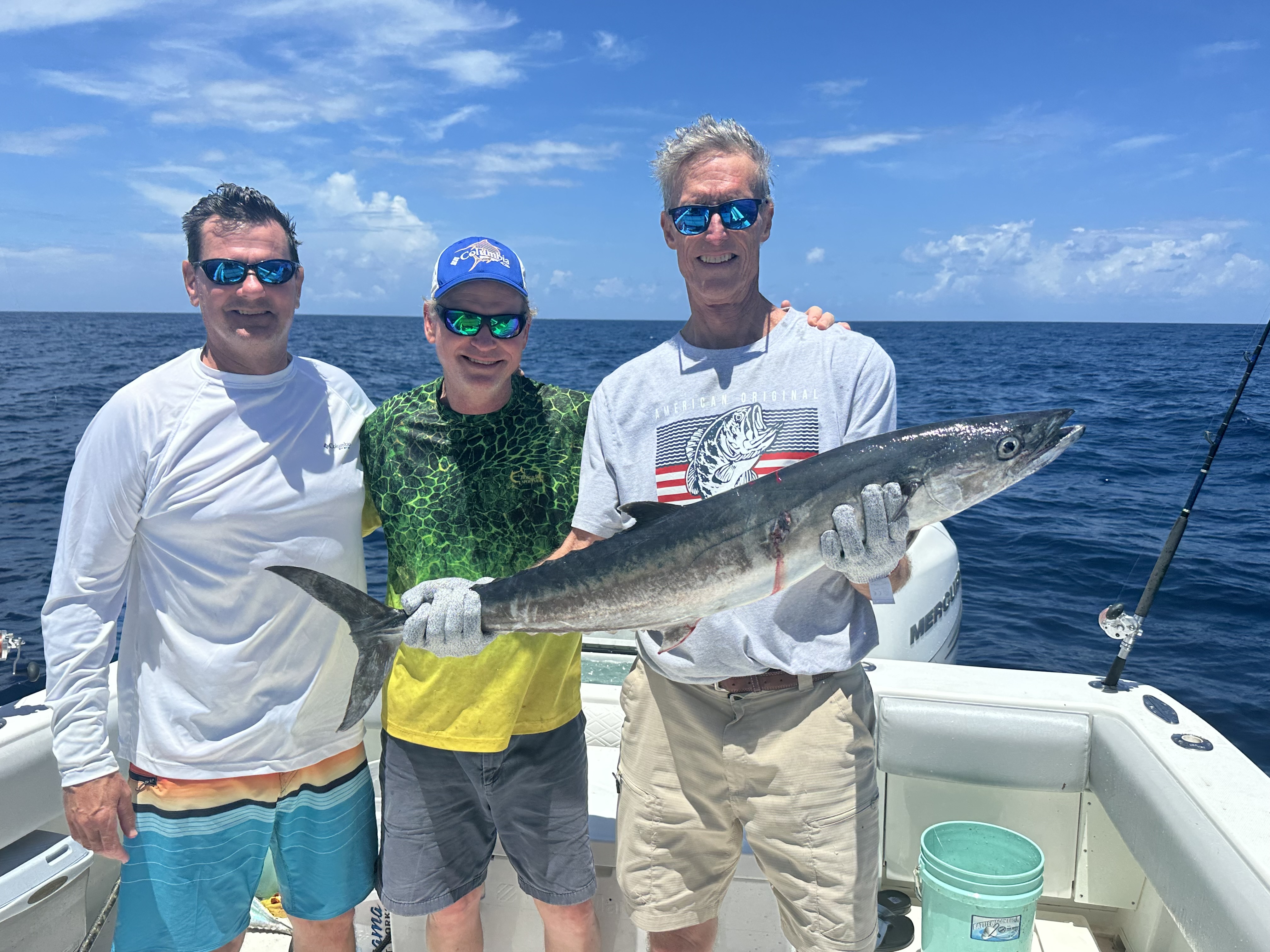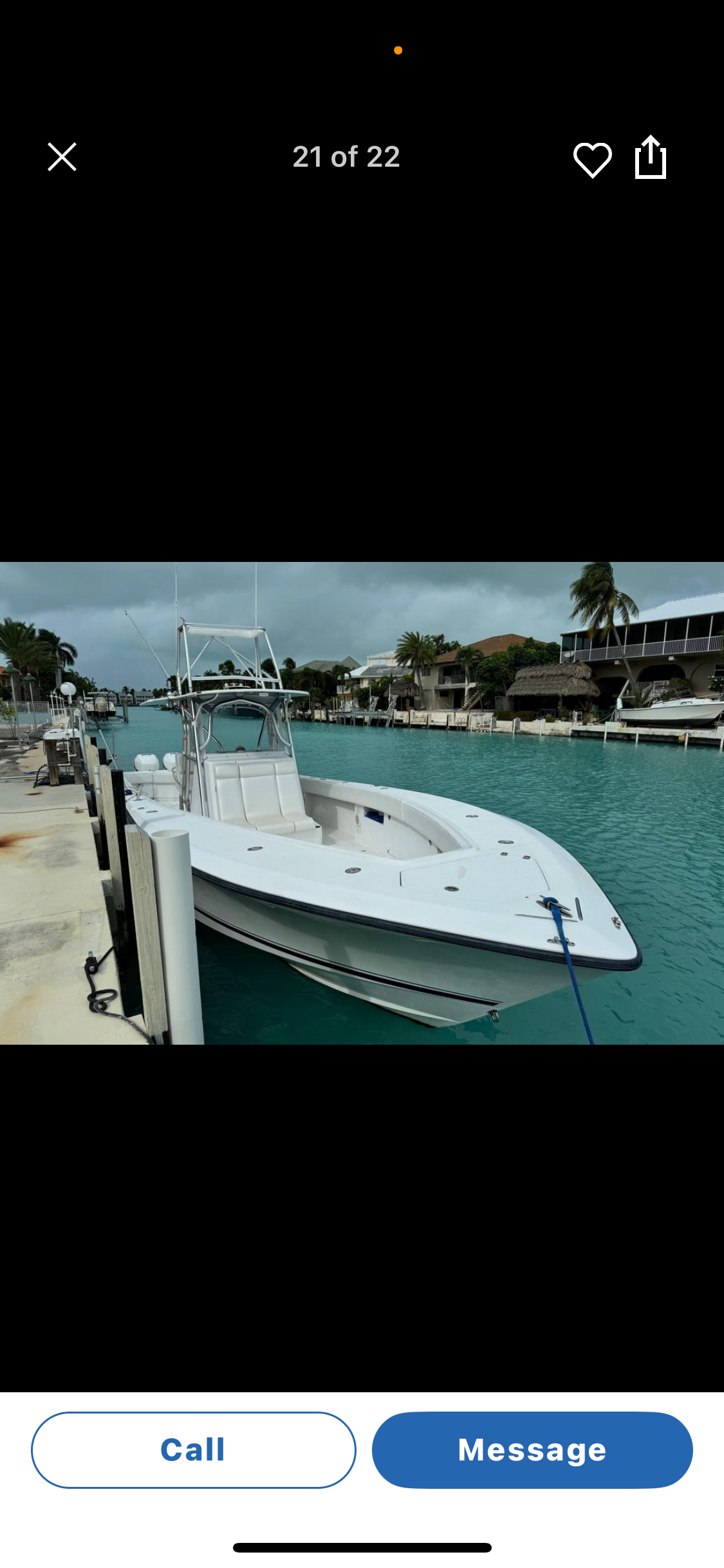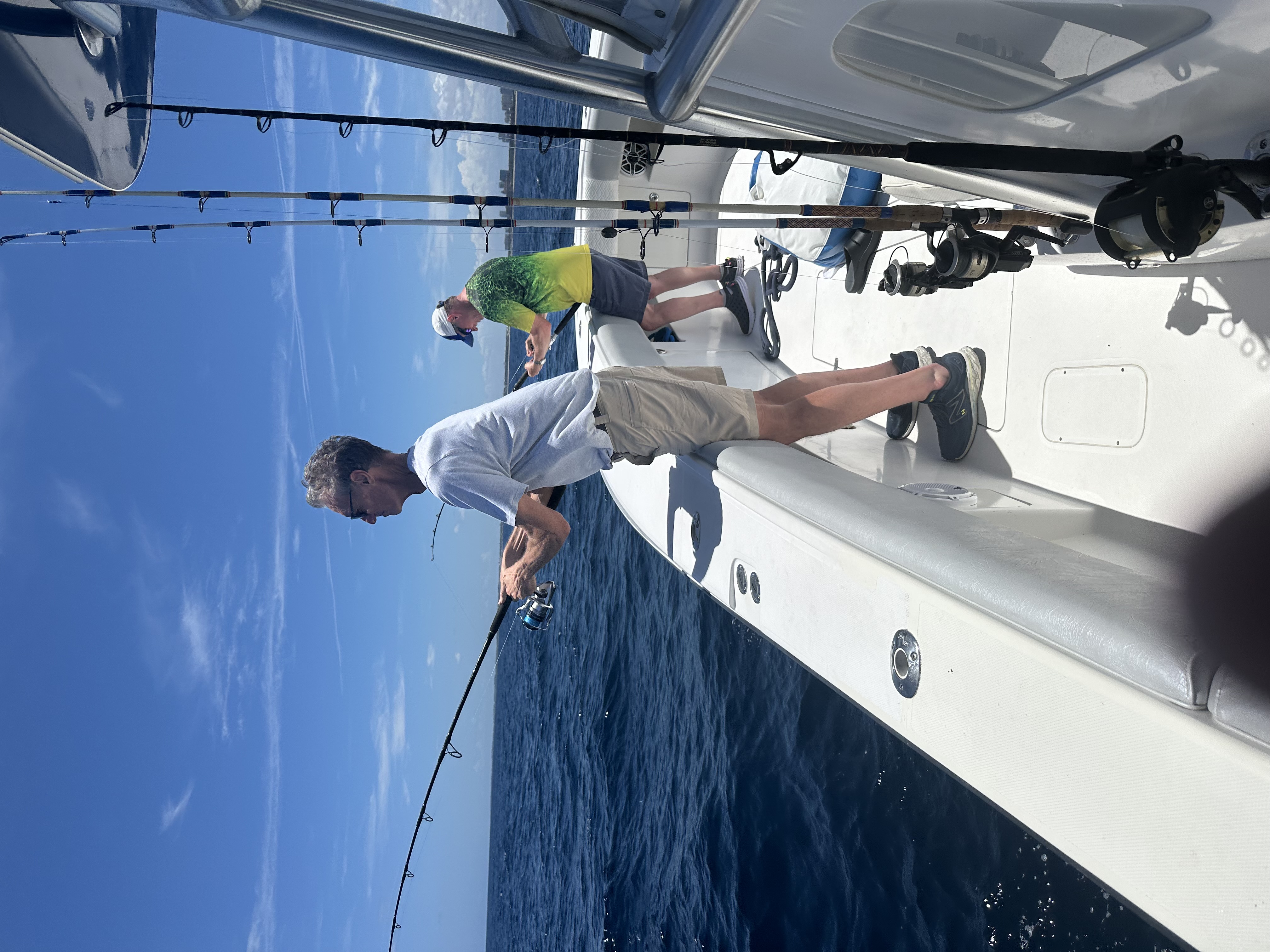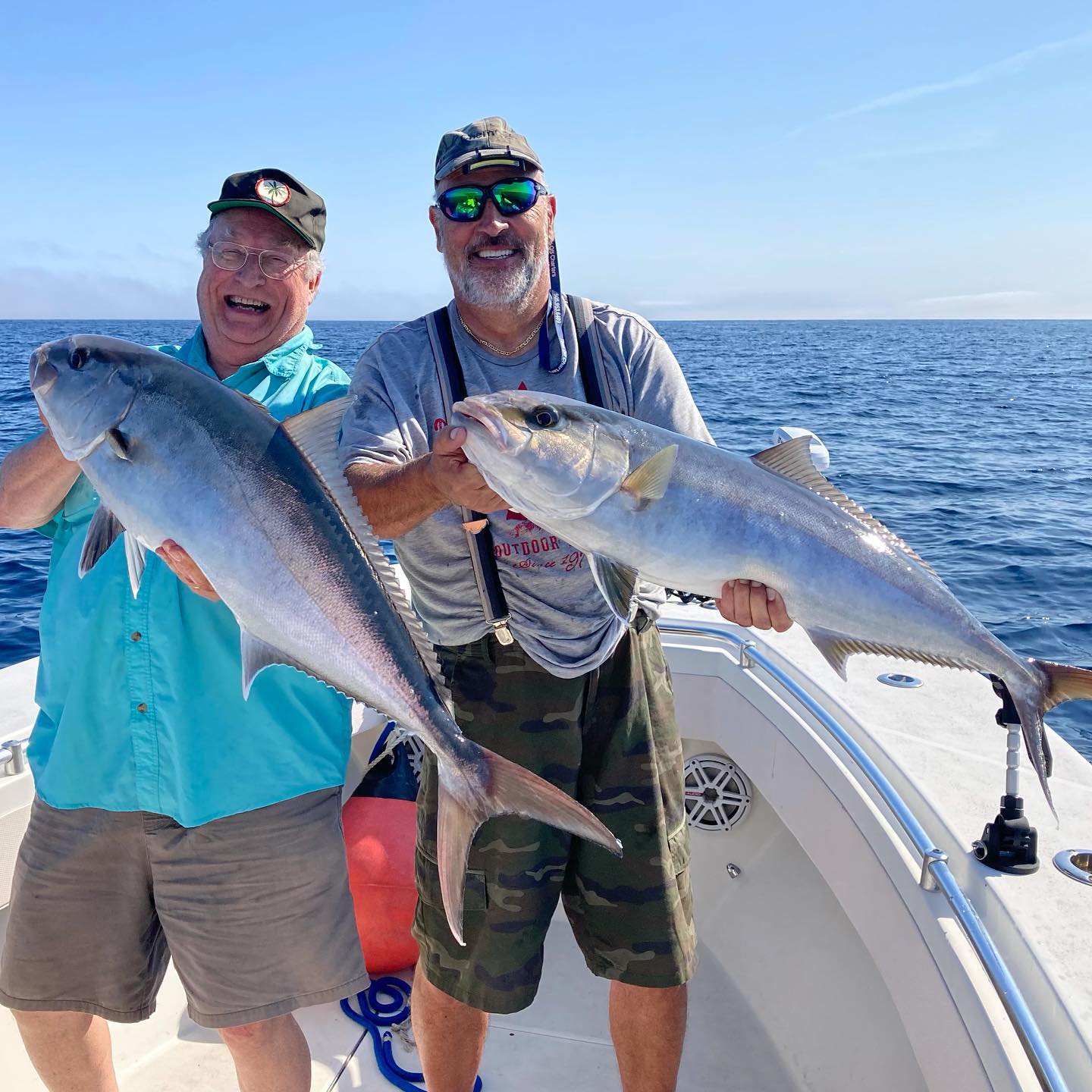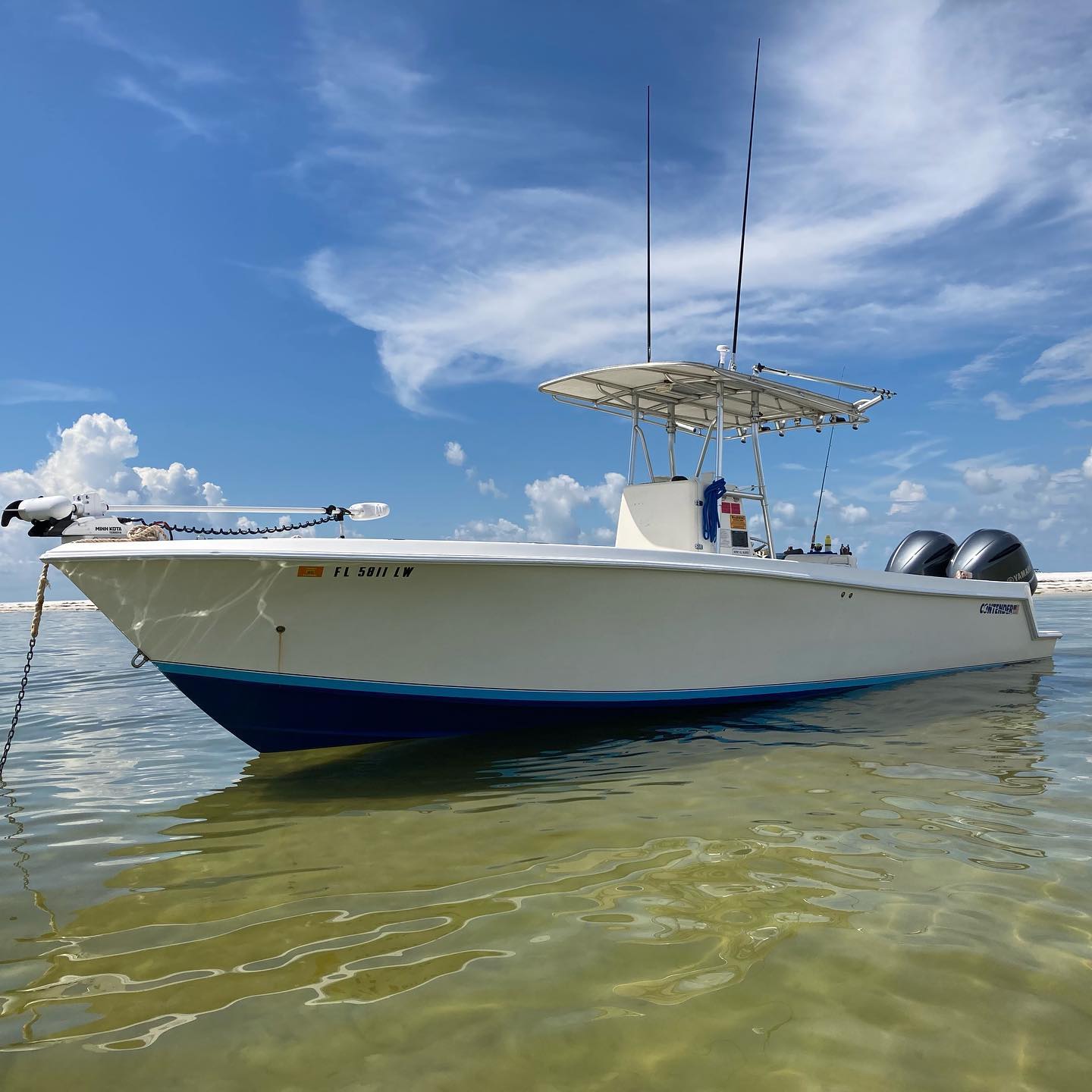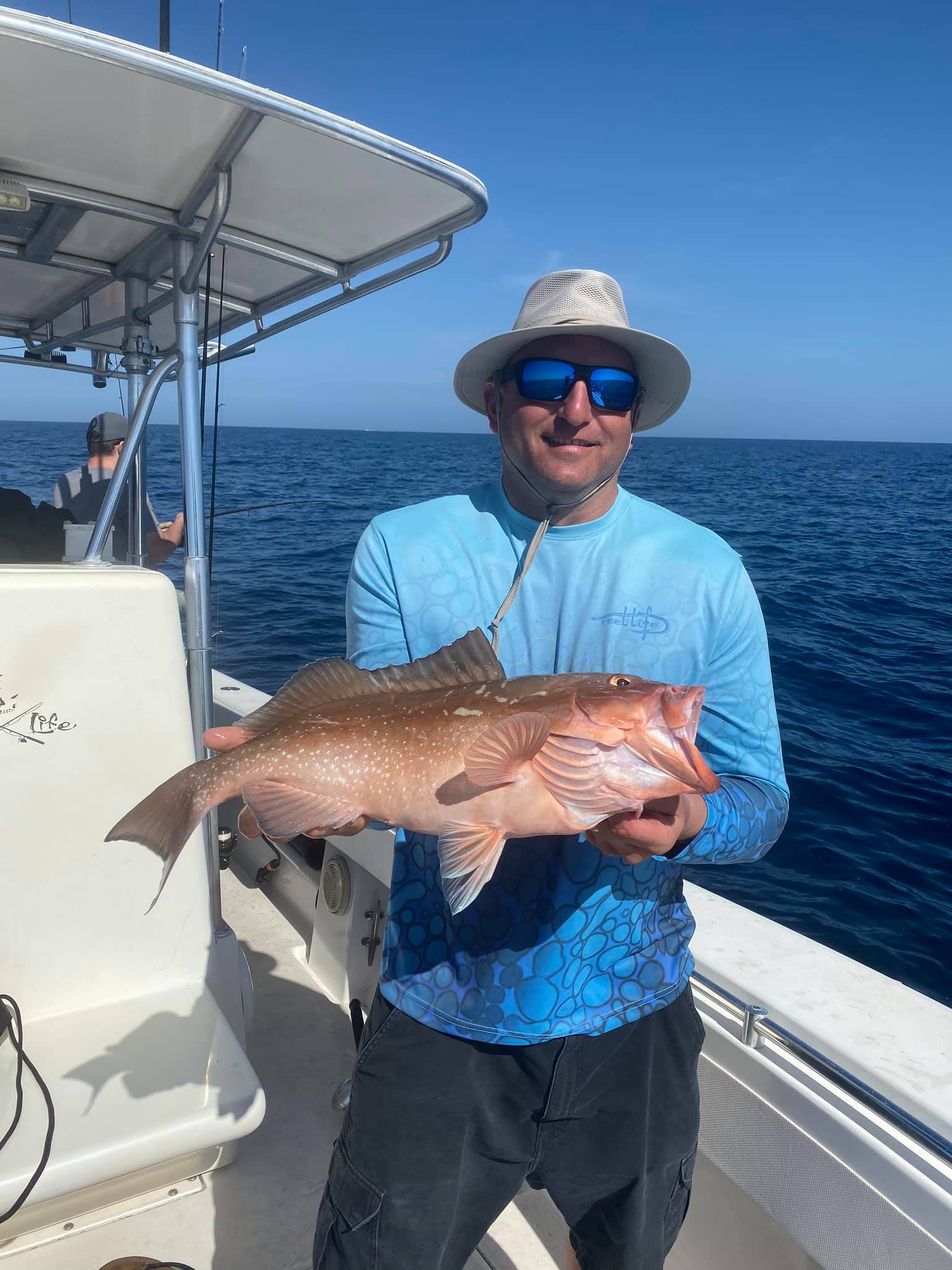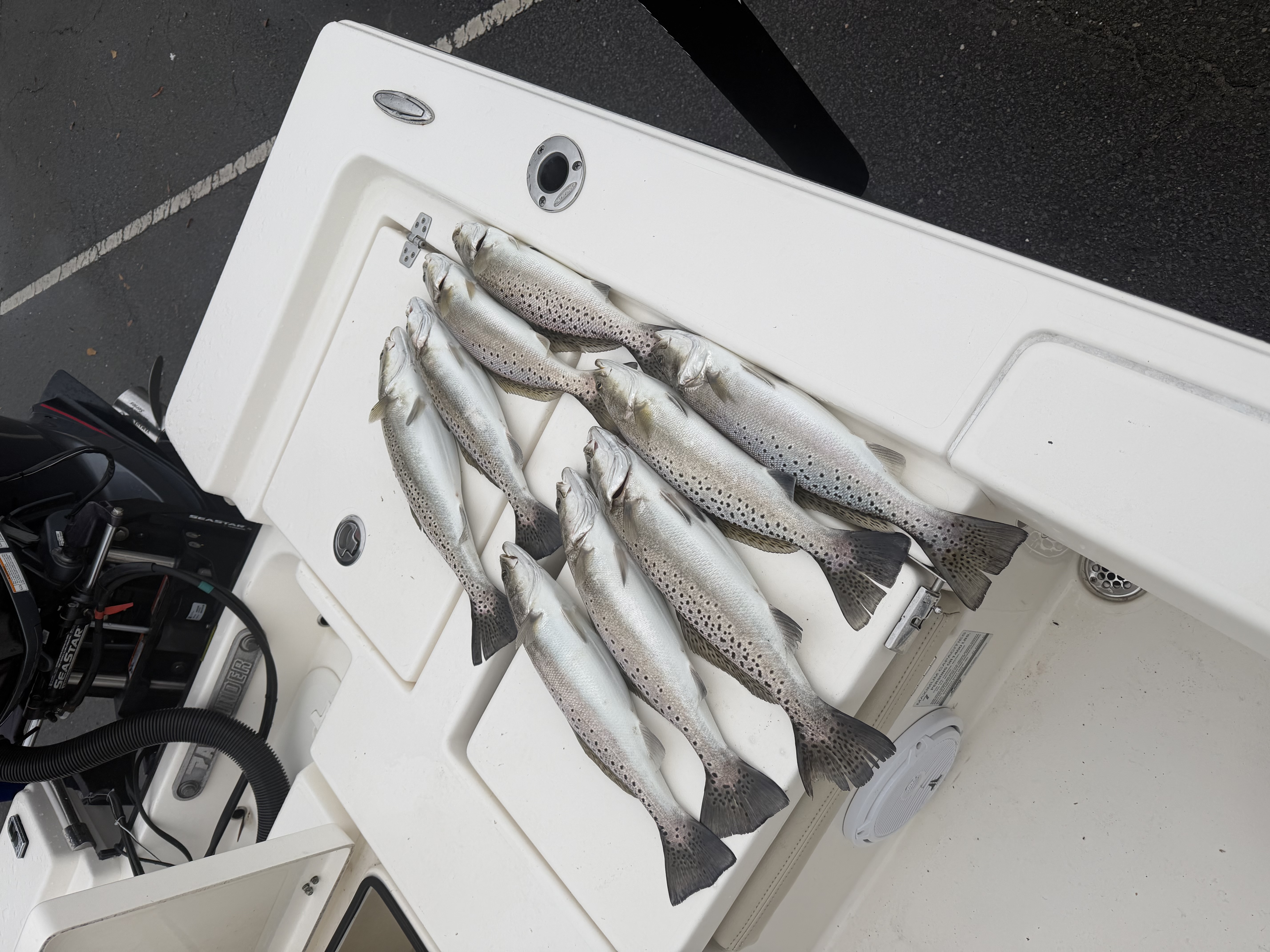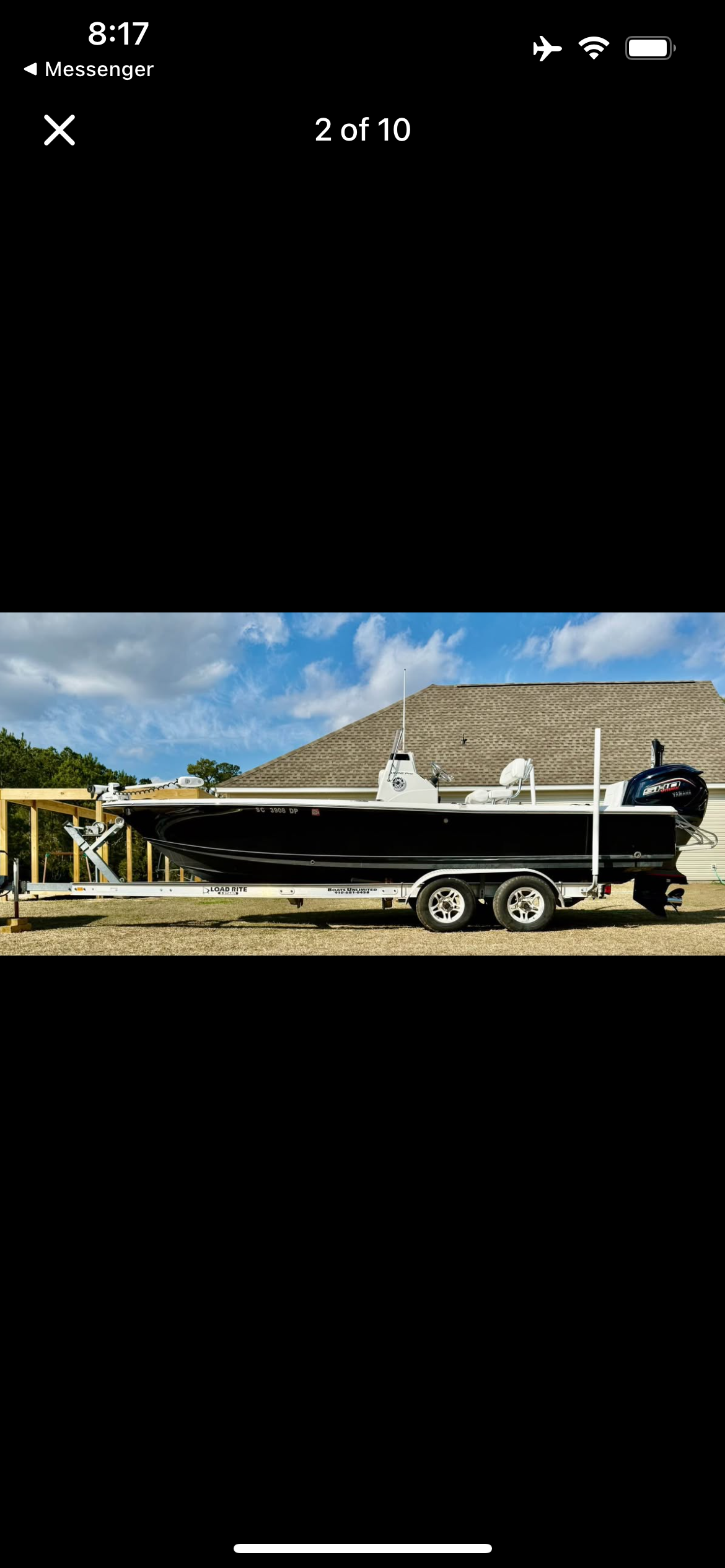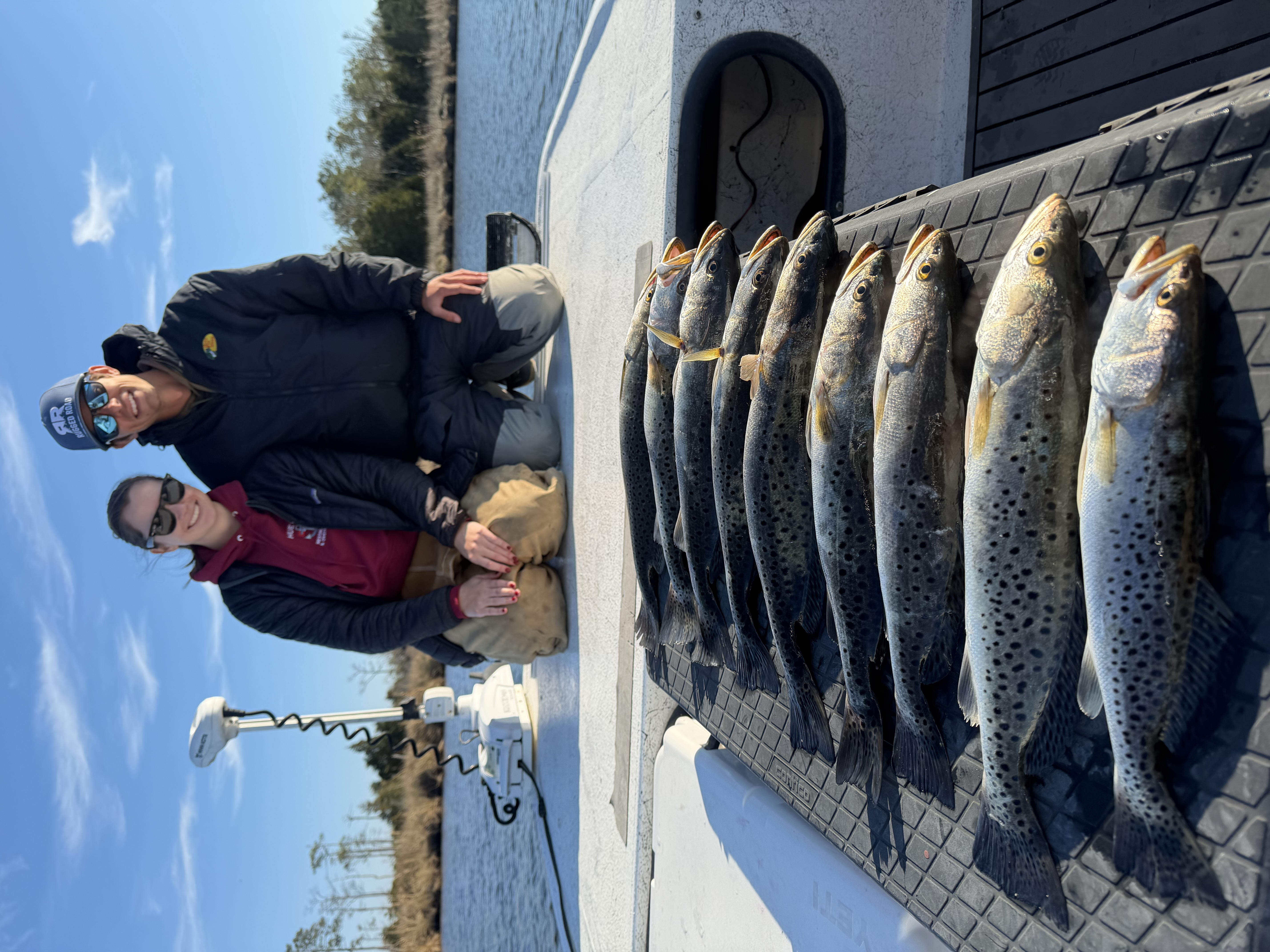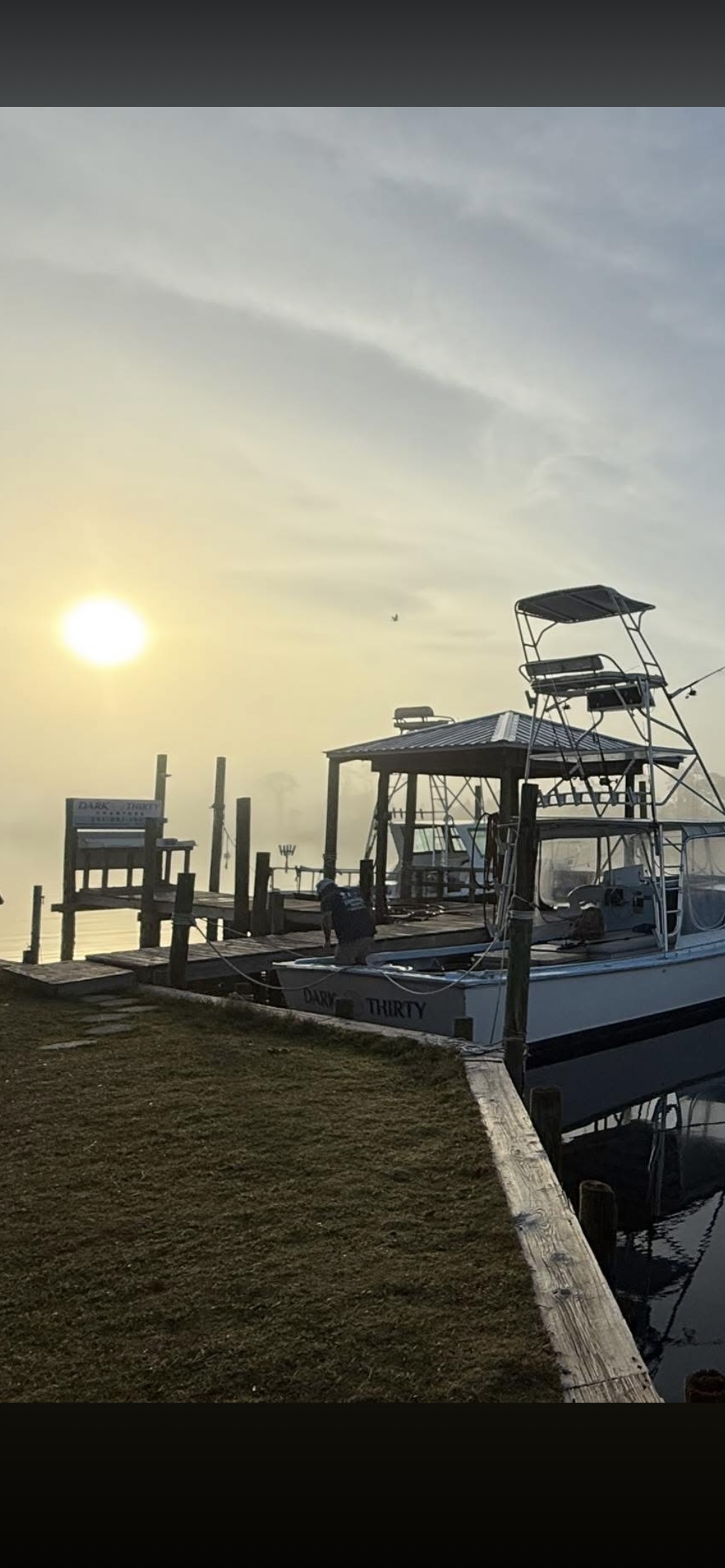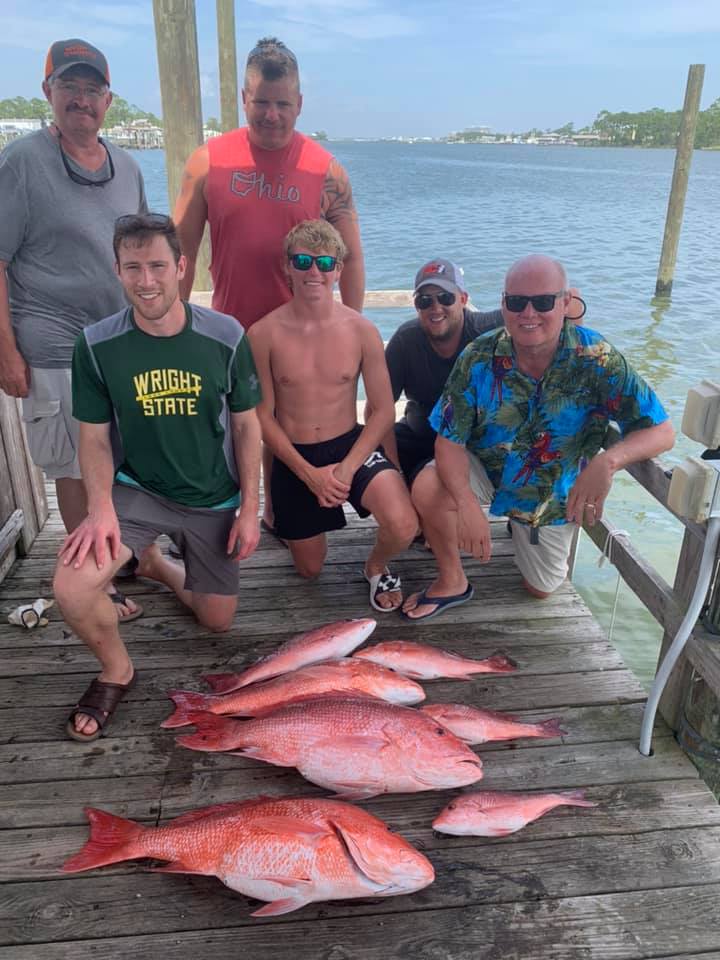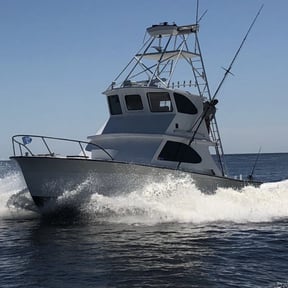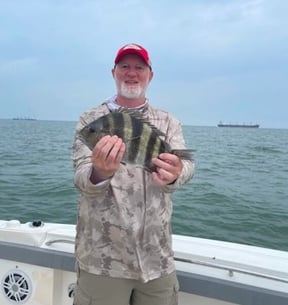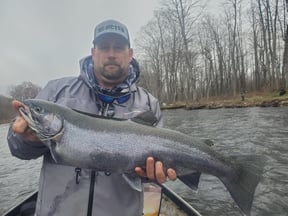Inshore Fishing Trip
Steelhead Fishing Trip
Deep Sea, Nearshore Fishing in Islamorada
4 Hour Half Day
Deep Sea, Nearshore Fishing in Islamorada
6 Hour 3/4 Day
Black Sea Trips
Inshore, Flats Fishing in Pineland
Fly Fishing Pineland
Inshore, Deep Sea, Nearshore in Palm Beach Shores
Catching Fish And Having Fun
Offshore Fishing Trip
Winter Speckled Trout
Deep Sea, Nearshore Fishing in Orange Beach
December Snapper Reopen Special!
We started Captain Experiences to make it easy to book fishing and hunting guides around the world. With over 2,000 Damn Good Guides, our platform makes finding and booking a trip seamless. Head here to check out our trips.
The states of Texas and Louisiana are good neighbors when it comes to fishing. Texas and Louisiana have entered into reciprocal fishing agreements that benefit the angling residents of both states.
Fishing Laws Along Texas-Louisiana Border Waters
There are two primary benefits of the reciprocal agreements for fishermen in Texas and Louisiana. First, the reciprocity agreement allows licensed residents to fish the shared border waters without requiring multiple licenses. Second, seniors with resident Louisiana fishing licenses can generally fish throughout Texas, and seniors with resident Texas fishing licenses can generally fish throughout Louisiana. Let’s take a look at how these rules work to benefit the local angling communities.
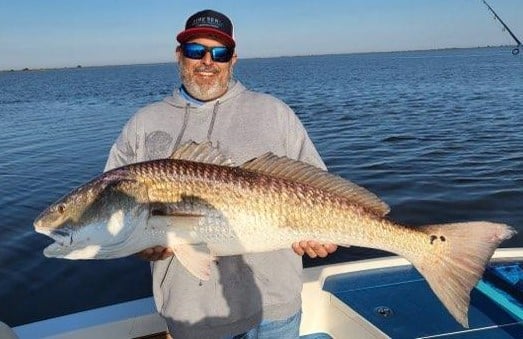
Can you fish the waters bordering TX and LA with a license from either state?
Yes - for residents of both Texas and Louisiana who already have a valid fishing license from their resident state (or are exempt from having a fishing license in their resident state), you have the ability to fish in the waters bordering the two states without the need to purchase an additional license from the neighboring state.
Texas-Louisiana Border Waters
What are the bodies of waters included along the Texas and Louisiana border? These shared border waters include:
Sabine Pass
Sabine Lake
Sabine River (where it forms the state border)
Toledo Bend Reservoir
Caddo Lake
Sabine Pass and Sabine Lake are both saltwater fishing destinations known primarily for speckled trout, redfish, and flounder. The Sabine River, Toledo Bend, and Caddo Lake are freshwater fishing destinations known primarily for largemouth bass, crappie, and white bass. Properly licensed Texas and Louisiana residents can fish in the portions of these shared bodies of water that are across the states’ shared border without purchasing an additional license.
Note that there are other waterways that connect to some of the official shared Texas-Louisiana border waters. The Texas and Louisiana border fishing reciprocity agreement does not extend to all the creeks, bayous, channels, and other waterways that might be connected to the official border waters but branch off into the areas of only one state. For example, the Neches River enters Sabine Lake from the Texas side, and it is doubtful that Louisiana residents could fish the Neches River area without a Texas license.
Also, the reciprocity agreement ends at the Gulf of Mexico. Fishing saltwater areas beyond the last points of land for either state would not be covered by the reciprocity agreement.
Official Reciprocity Language and Legal Fish Size
The Texas Parks and Wildlife Department says the following about the shared border fishing with Louisiana:
Texas - Louisiana Residents of either state, who are properly licensed in their state (or are exempt because of age), or persons who hold valid non-resident fishing licenses issued by either state may fish in any portion of the lakes and rivers forming a common boundary between Louisiana and Texas inland from a line across Sabine Pass between Texas Point and Louisiana Point. Fish landed in Texas must adhere to the Texas bag and length limits.
(Source: TPWD)
Similarly, the Louisiana Department of Wildlife and Fisheries shares the following information: Louisiana / Texas Agreement
The waters in western Louisiana form a mutual border with Texas, so Louisiana and Texas have a reciprocal agreement that allows Louisiana and Texas recreational fishermen to fish border waters (except the Gulf of Mexico) under their resident license from their home state. They are not required to purchase a nonresident license. Those exempted from resident licenses for their state (see above) are also included in this agreement.
(Source: LWF)
The Texas Parks and Wildlife Department specifically states that fish caught in Texas must comply with Texas bag number and length size requirements. It is safe to assume that Louisiana would also expect fish caught in Louisiana to comply with Louisiana bag number and length size requirements. Therefore, fishermen who are fishing the border waters would be advised to remain aware of their location in relation to the border at all times.
Regardless of the exemption from needing the other state’s fishing license, anglers fishing the border waters should expect that game wardens from either state could enforce their own state’s rules with regards to bag and length requirements whenever you cross the border that runs through the shared body of water.
Senior Fishermen in Texas and Louisiana
For licensed residents of either Texas or Louisiana who are aged 65 and older, the reciprocity agreement between Texas and Louisiana provides benefits that reach far beyond the shared border waters. For Louisiana residents who are 65 years old or older, you may fish in any of the public waters of Texas if you have the proper Louisiana fishing licenses. Similarly, Texas residents who are 65 years old or older may fish in the public waters of Louisiana if you have the proper Texas senior fishing license.
Despite not requiring seniors from the other state to purchase a non-resident license, seniors are required to abide by the laws of the state in which they are fishing. That includes following the state’s bag and size limits for fish. Both states require either a saltwater endorsement or an extra saltwater license to fish in saltwater, and seniors from Texas and Louisiana should have these permissions in their resident state to fish saltwater in the neighboring state.
The official language from Texas Parks and Wildlife Department is: Non-resident Requirements A non-resident fishing license is required of all non-residents who fish in the public waters of Texas.
Exceptions Licenses/Packages are not required for:
### Louisiana resident 65 years of age or older who possesses a valid Louisiana Recreational Fishing License (includes Senior Fish/Hunt License)
[Note that a couple of other exceptions also apply.]
(Source: TPWD)
The official language from the Louisiana Department of Wildlife and Fisheries is: Louisiana residents age 65 or older are not required to purchase a Texas nonresident license to fish in any Texas public waters (both freshwater and saltwater), but they must have a valid Louisiana resident senior fishing license(s) and comply with Texas law. Louisiana residents from 17 to 64 years of age are still required to purchase a Texas nonresident fishing license when fishing in Texas waters, except border waters.
Likewise, Texas residents age 65 or older may fish in any Louisiana public waters (both freshwater and saltwater) as long as they possess any type of valid Special Texas Resident license for seniors and comply with Louisiana law. This includes Texas residents born before September 1, 1930.
(Source: WLF)
Young Anglers in Texas and Louisiana
Younger anglers from Louisiana and Texas are not generally covered by the Texas-Louisiana fishing reciprocity agreement. Instead, boys and girls under a certain age are governed by each state’s general exceptions related to age. Both Texas residents and non-residents who are under the age of 17 (that means 16 and younger), do not need a fishing license to fish in Texas. If you are under the age of 18 (that means 17 and younger), then you do not need a fishing license to fish in Louisiana. This youth age exemption applies whether or not you are a resident of Louisiana.
These age limitations apply throughout Texas and Louisiana, and they are not restricted to just the border waters. Given the one-year difference in the age requirements for the states, a 17-year-old angler from Louisiana who wishes to fish in Texas beyond the shared border waters should purchase the proper non-resident Texas fishing license. Also, the age exemptions apply to youth from any state who wish to fish in either Texas or Louisiana.
Captain Experiences in Louisiana and Texas
Regardless of where you like to fish, Captain Experiences is here to help make your next fishing excursion a major success. We have excellent fishing guides available in the Texas-Louisiana border waters as well as numerous professional guides available at locations across both Louisiana and Texas. Whether you prefer saltwater or freshwater fishing, we at Captain Experiences can assist you on your next angling adventure.
Joey Butrus
Updated on August 2, 2023

April 26, 2022
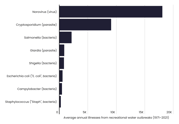
July 1, 2024
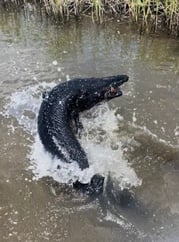
June 22, 2022
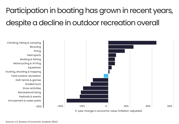
June 28, 2023

July 31, 2024
Related Articles
April 25, 2022
July 27, 2022
January 24, 2022
Featured Locations
- Fishing Charters Near Me
- Austin Fishing Guides
- Biloxi Fishing Charters
- Bradenton Fishing Charters
- Cabo San Lucas Fishing Charters
- Cancun Fishing Charters
- Cape Coral Fishing Charters
- Charleston Fishing Charters
- Clearwater Fishing Charters
- Corpus Christi Fishing Charters
- Crystal River Fishing Charters
- Dauphin Island Fishing Charters
- Daytona Beach Fishing Charters
- Destin Fishing Charters
- Fort Lauderdale Fishing Charters
- Fort Myers Fishing Charters
- Fort Walton Beach Fishing Charters
- Galveston Fishing Charters
- Gulf Shores Fishing Charters
- Hatteras Fishing Charters
- Hilton Head Fishing Charters
- Islamorada Fishing Charters
- Jacksonville Fishing Charters
- Jupiter Fishing Charters
- Key Largo Fishing Charters
- Key West Fishing Charters
- Kona Fishing Charters
- Lakeside Marblehead Fishing Charters
- Marathon Fishing Charters
- Marco Island Fishing Charters
- Miami Fishing Charters
- Montauk Fishing Charters
- Morehead City Fishing Charters
- Naples Fishing Charters
- New Orleans Fishing Charters
- New Smyrna Beach Fishing Charters
- Ocean City Fishing Charters
- Orange Beach Fishing Charters
- Panama City Beach Fishing Charters
- Pensacola Fishing Charters
- Pompano Beach Fishing Charters
- Port Aransas Fishing Charters
- Port Orange Fishing Charters
- Rockport Fishing Charters
- San Diego Fishing Charters
- San Juan Fishing Charters
- Sarasota Fishing Charters
- South Padre Island Fishing Charters
- St. Augustine Fishing Charters
- St. Petersburg Fishing Charters
- Tampa Fishing Charters
- Tarpon Springs Fishing Charters
- Venice Fishing Charters
- Virginia Beach Fishing Charters
- West Palm Beach Fishing Charters
- Wilmington Fishing Charters
- Wrightsville Beach Fishing Charters
